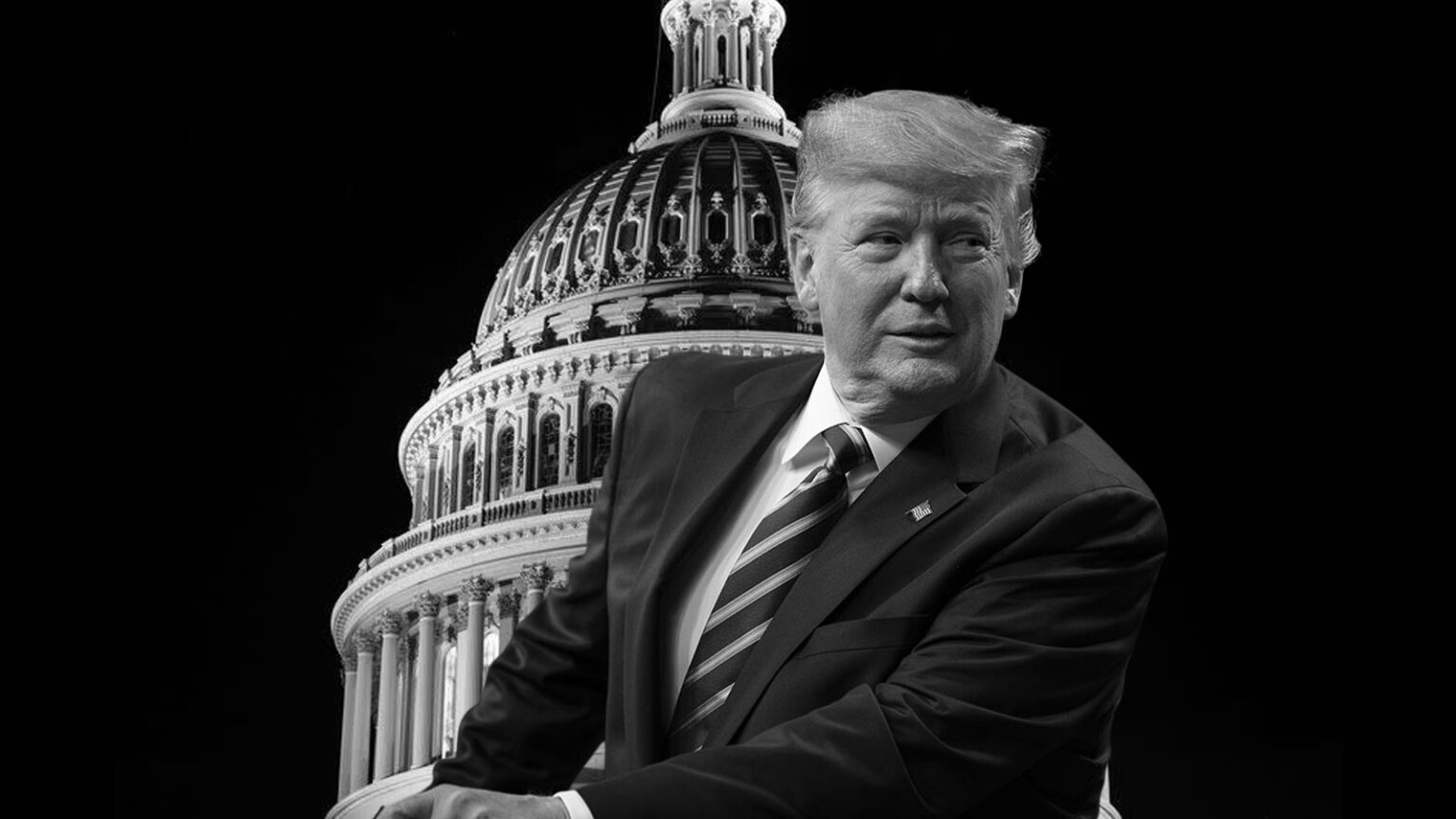Republicans have clinched a majority in the House of Representatives, securing a full governing trifecta alongside control of the Senate and the White House. This victory grants Donald Trump significant legislative power to advance his agenda.
The Associated Press confirmed that Republicans won at least 218 House seats, with the deciding win in Arizona, more than a week after polls closed nationwide. This outcome means Republicans will wield considerable influence over issues such as federal spending, debt ceiling debates, and foreign policy, dashing Democrats’ hopes of using the House as a check on Trump’s plans.
Republicans had already secured the presidency and regained a Senate majority, and their control of the House completes the trifecta. Despite a slim majority, Republicans have signaled their intent to fully leverage their newfound power when the new Congress convenes in January.
“We have to deliver for the people, and we will,” House Speaker Mike Johnson said in a recent Fox News interview, expressing optimism about Trump’s bold agenda and the opportunity to take legislative action.
Complicating the House’s narrow majority, Trump has selected several House Republicans for administration roles. Elise Stefanik is set to become the UN Ambassador, Mike Waltz is named as National Security Advisor, and most recently, Trump announced that Matt Gaetz would be his Attorney General nominee.
A staunch conservative, Gaetz has had a contentious relationship with past House leadership, including his role in former Speaker Kevin McCarthy’s ousting. Gaetz’s nomination drew mixed reactions, even within his own party.
Despite these close margins, Johnson remains confident about the House’s legislative functionality. “We have an embarrassment of riches,” he remarked, emphasizing the depth of talent among House Republicans. Johnson added that Trump is aware of the math, and views it as a “numbers game.”
Democrats ran on addressing perceived “dysfunction” within Congress, pointing to the turbulence under the Republicans’ slim majority. January 2023 saw 15 rounds of voting to elect McCarthy as Speaker due to opposition from hard-right members, and his removal nine months later was another stark example of House GOP division.
Johnson, a lesser-known representative from Louisiana at the time, emerged as McCarthy’s successor after a chaotic election, taking on the challenge of bridging his conference’s ideological divides. His attempts to unify the GOP were tested when Marjorie Taylor Greene, a conservative from Georgia, tried to remove him as Speaker, though her motion was swiftly quashed.
Despite internal challenges, Republicans held onto the House, and Johnson recently secured the GOP nomination to continue as Speaker. Trump backed Johnson’s re-election and praised his leadership, calling him a “singular figure in American history” and dubbing Trump “the comeback king.”
Democrats, while unable to regain the House, highlighted gains in New York, with Democratic Leader Hakeem Jeffries crediting strategic wins over GOP incumbents as a positive takeaway. He noted Trump’s strong performance in New York and praised the party’s success in several swing districts as a testament to Democratic resilience in a challenging political climate.
Jeffries suggested that these insights will be valuable as Democrats prepare for the 2026 midterms, but for now, they are faced with a Republican-led Congress ready to advance Trump’s agenda.



